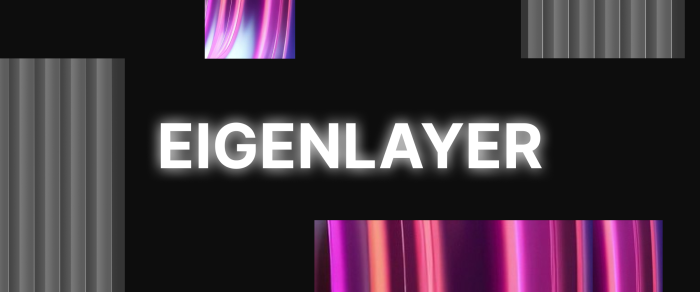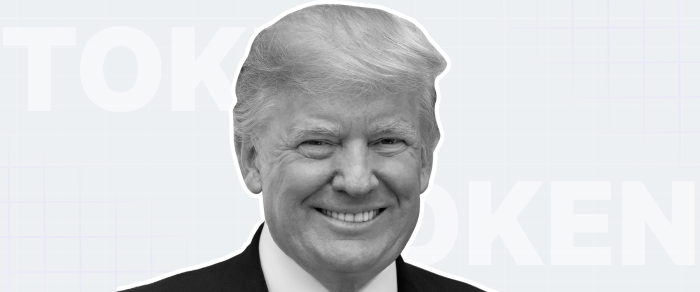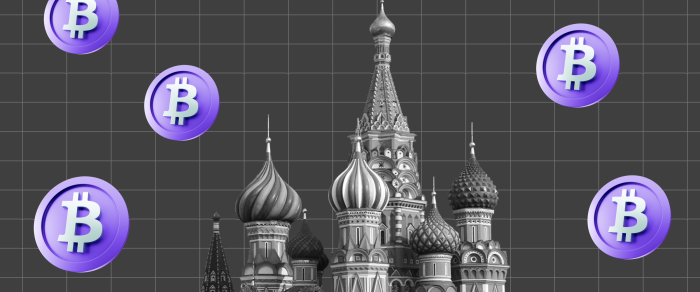The New Role of AI Crypto in Our Future Is Here.
In a roundtable conversation, influential leaders from the IT sector recently went into the difficult terrains of artificial intelligence AI crypto. They investigated the ramifications for human identities, financial stability, and social systems, providing significant insight into what will come.
The Roundtable’s anchor, Rob Nelson, established the tone with a fascinating yet troubling viewpoint. He stressed the possible threat that AI poses to our identities, going beyond the conventional worries of an AI takeover, arguing that his own identities, and the verification of our identities, are now at stake. Proving one’s innocence in the era of AI may become increasingly difficult, even in the face of falsified evidence – a situation Nelson referred to as utter mayhem.
Taking the conversation to AI crypto, Max Smotritskiy, a Crypto Oracle, underlined the need for anonymity in this digital age. He claimed that the essence of crypto is that it allows you to remain anonymous; no one will imitate you since they don’t know who you are.
However, he criticized the narrow focus of the Bitcoin debate on financial gain, claiming that it has hampered public acceptance of crypto technology. Smotritskiy continued that he can tell you that it couldn’t be money because we tried it and it didn’t work, and the system is always gamed in some manner by sharper individuals than myself and everyone else.
However, Luke Stokes, a Crypto Evangelist and the Managing Director of the FIO Protocol provided a different point of view. He claimed that blockchain technology’s pure game theory dynamics had an intrinsic beauty. Despite its flaws, Stokes feels the blockchain system’s openness is superior to the present global financial structure’s obscurity.
“It’s like a scale comparison as a proportion of legitimate activity versus fraudulent activity. I will go with a blockchain every time because at least the fraud is transparent,” Stokes said. He optimistically anticipates blockchain will usher in an era of transparency, enhancing economic and political freedom.



